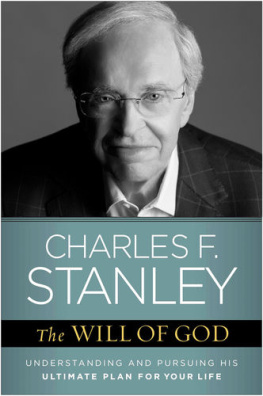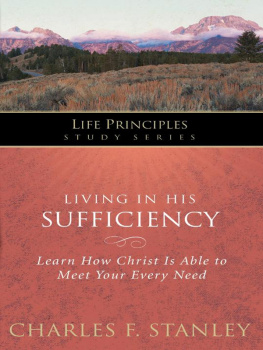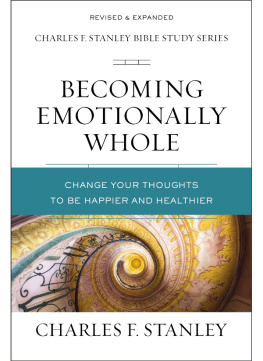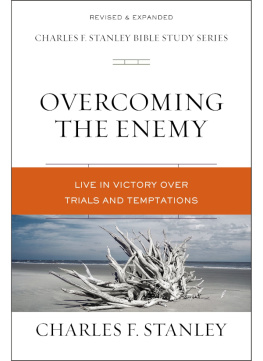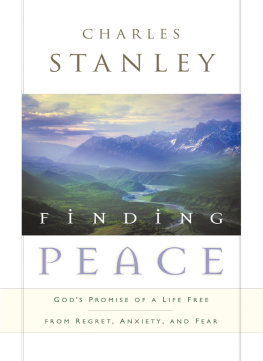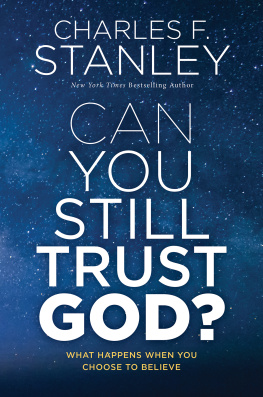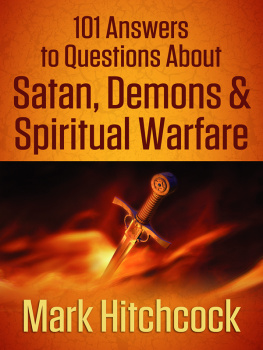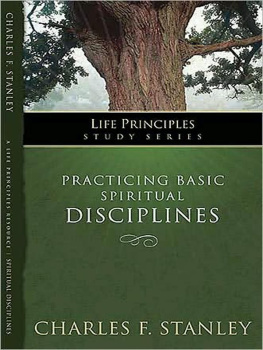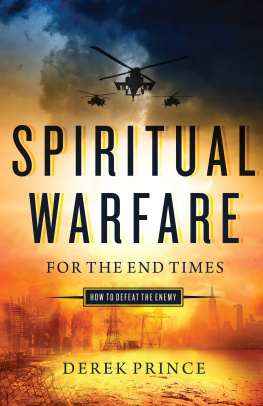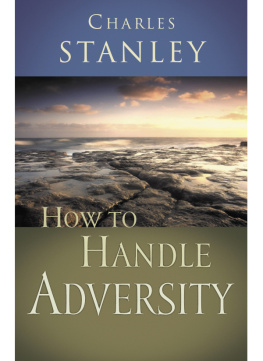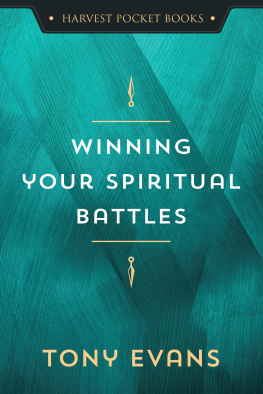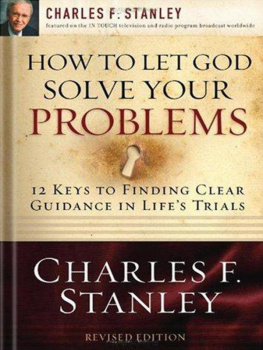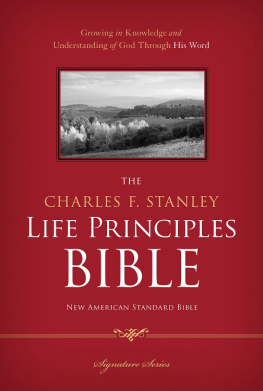Please note that footnotes in this ebook may contain hyperlinks to external websites as part of bibliographic citations. These hyperlinks have not been activated by the publisher, who cannot verify the accuracy of these links beyond the date of publication.
1
T HE F ACE OF E VIL
I still vividly remember how I felt on December 7, 1941. It was on that fateful Sunday afternoon as a boy of nine that I first heard about the Japanese surprise attack at Pearl Harbor. I watched as our small town of Danville, Virginia, began to deal with the possibilities of a war. An unexpected enemy had struck, and our lives would never be the same.
Likewise, no one would have predicted the terrorist attacks on our nation September 11, 2001. When those airplanes were crashed into the World Trade Center and the Pentagon, our fast-paced society came to a sudden stop. The unthinkable had occurred. America had been assaulted by a foe that hated us because of who we are and what we believe.
Throughout our lives we face many different types of enemies. Some are motivated by personal reasons. A person may dislike you for any number of reasonshe may be jealous of your success or perhaps want to take from you something he desires for himself. Once in awhile you may be hated so much that someone might want to harm you in a very serious way or even end your life.
When you know your foe and are prepared for the attack, victory is achievable. But I have found that the greatest enemies are unknown and unexpected. For instance, a trusted friend who turns against you when she sees the potential for personal gain. A coworker who gossips and schemes against you in hopes of a promotion. Or a thief hiding in the night waiting to rob you. The motivation that all these enemies share in common is found in the root of evil.
Evil. It is something we know exists, but it is not a topic we like to think about or confront. Evil has a face. It is dangerous... dark... foreboding... deadly. Do you know what is the ultimate source of evil? Are you aware of how evil operates? If you dont know how it works, then how can you adequately protect yourself and your loved ones against its sudden attack?
S ORTING O UT G OOD AND E VIL
We all know that both good and evil exist in our world. We are taught from early childhood that some things are bad, and some are good. We are taught as children that we need to develop an ability to distinguish between good and evil. As we grow up, we are cautioned to be alert to circumstances around us so we might avoid evil and choose to associate with what is good.
But when I ask individuals if they have a difficult time discerning good from evil, they often reply, Yes, I do. Theres a lot of gray in the world today.
Most seem to agree about certain types of evil. Its wrong for a parent to abandon a child or to abuse a child physically, sexually, or emotionally. Its wrong for suicide bombers to blow up innocent people. Its wrong for a person to kill another person in cold blood or to torture another person.
There are a host of things that are immediately and universally labeled as wrongdemonstrating racial prejudice, having blind hatred for someone, embezzling or mismanaging corporate funds, cheating on a test, lying, failing to help a person in need when you have means to help, stealing, committing adultery, exhibiting road rage, engaging in a drive-by shooting, kidnapping, raping, drinking to excess, using illegal drugs, and carrying out many other bad behaviors and holding on to wrong-thinking attitudes.
We can look at certain situations and recognize an aspect of evil embedded in themfor example, a wasting, painful disease; suffering of all kinds; world hunger; abject poverty; intense persecution of good people; or deep agony over the loss of a child. We may not be able to pinpoint the exact nature or cause of the evil, but we sense that the bad situation has an element of darkness to it. We recognize that things are not as they should be in a perfect world.
We are quick to label all of these actions, attitudes, and conditions as being marked indelibly by evil. But then comes the difficult question: Is the person who committed this evil act or holds a wrong attitude an evil person?
Well, now, people say as they backpedal into justification, the person is probably good deep down inside. He didnt really mean to do what he didhes just a product of his upbringing, his culture, or his fanatical religion. He just got blinded temporarily by greed or lust. The person didnt know what he was doinghe was temporarily insane.
We often conclude, People are good, but their behaviors are bad. We may even say, We love and hold out hope for the sinner, but the sin is bad.
All of that may be true, but what do you do when evil strikes you?
What do you say and how do you respond when you are the victim of spousal abuse, the object of a terrorists actions, or the one badly injured by a drunk driver?
What do you do when your loved one is held hostage, your child is abused by an adult you and your child trusted, you come home to find your home burglarized, or you receive the diagnosis of a terminal disease?
How do you discern good from evil when you are the one who is the victim of an evil attack?
What do you do when you recognize that you dont always act in a positive, godly, or wise way toward other people? What happens when the mirror of stark reality is held up before your face and you are forced to admit, Im the one who is inflicting pain; Im the one who is lashing out with an evil intent or a wrong attitude?
How do you deal with issues of good and evil when you see them at work, and at war, within you?
Recognizing evil, dealing with it, seeking to pursue good and avoid evil, acknowledging evil in ourselves and turning it to goodthese issues are at the core of our human existence. If we truly could be objective about our lives, we would probably find that we spend the majority of any given day trying to do the things that we label as good and right, and avoiding situations, relationships, encounters, and circumstances that we label as bad or wrong.


